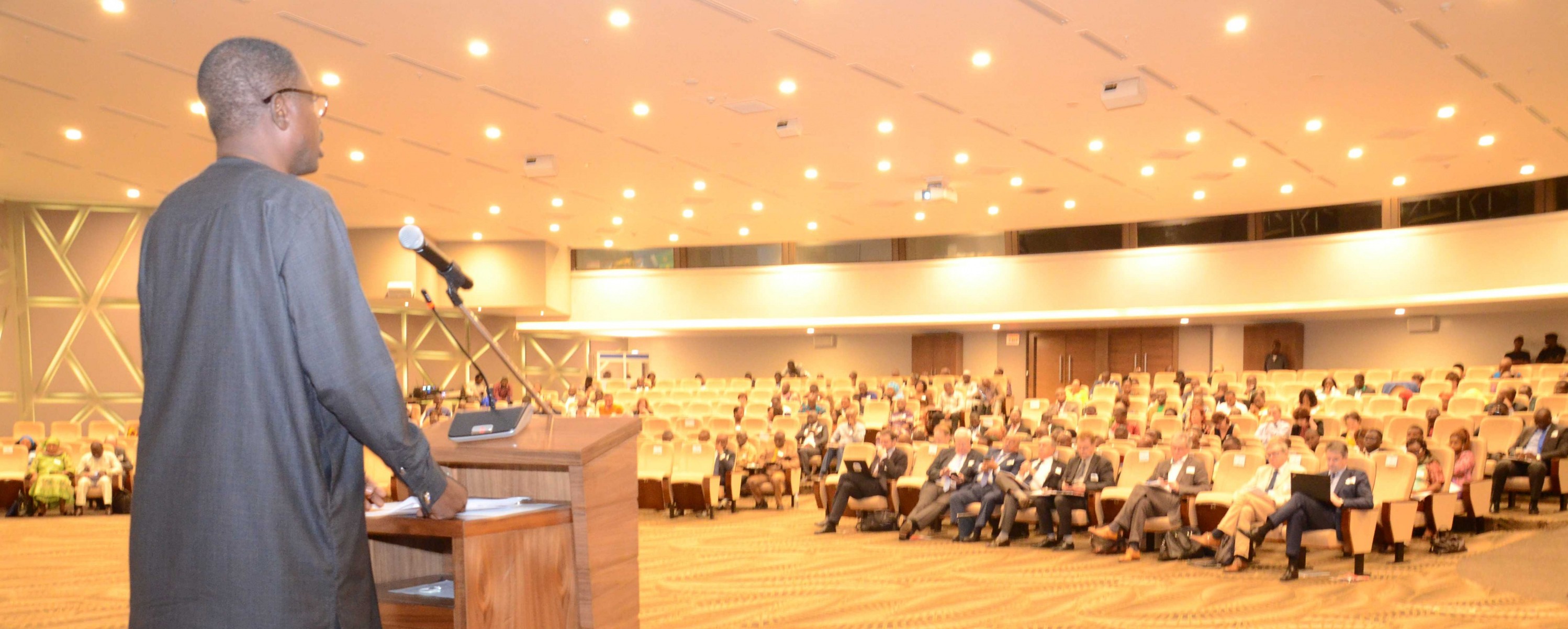
The global community and its institutions acknowledge the decisive role of social protection to achieve sustainable and inclusive development. Just have a look at the 2030 Agenda, which includes references to social protection in no less than five SDGs.
However, national governments and employers must also involve social movements in the development, implementation and monitoring of social protection. That is why being a member of the INSP!R network is the lever for WSM and the social movements involved to weigh down collectively on the policy agenda for this topic, at national, continental and international levels.
WSM started to build a network on the right to social protection as early as 2008, first at national level, by bringing together different social movements and convincing them of the importance of a collective endeavour. Today, networks exist in 18 different countries in Asia, Africa and Latin America. With tangible results:
National networks have also been uniting their strengths at continental level since 2014. Today, there are networks in Asia, Africa and Latin America and the Caribbean. They concentrate their advocacy work on regional institutions, particularly the African Union (AU), the Organization of American States (OAS) or the Association of Southeast Asian Nations (ASEAN).
They also involve a number of strategic organisations with experience at this political level, such as the regional bodies of the International Trade Union Confederation (ITUC), the World March of Women and the Intercontinental Network for the Promotion of Social Solidarity Economy (RIPESS). Advocating for national policies can strengthen such work at the continental level, and vice versa. These international institutions should also pay more attention to the voice of civil society, hence the relevance of the actions carried out by the continental networks.
For more information, visit the continental networks’ websites:
WSM has brought together representatives of the three continents with a view to shape a common mission and vision and to agree on the global strategy since 2019. The global network now enables us to influence the political agenda of global institutions such as the International Labour Organization (ILO), the United Nations (UN) or the World Bank.